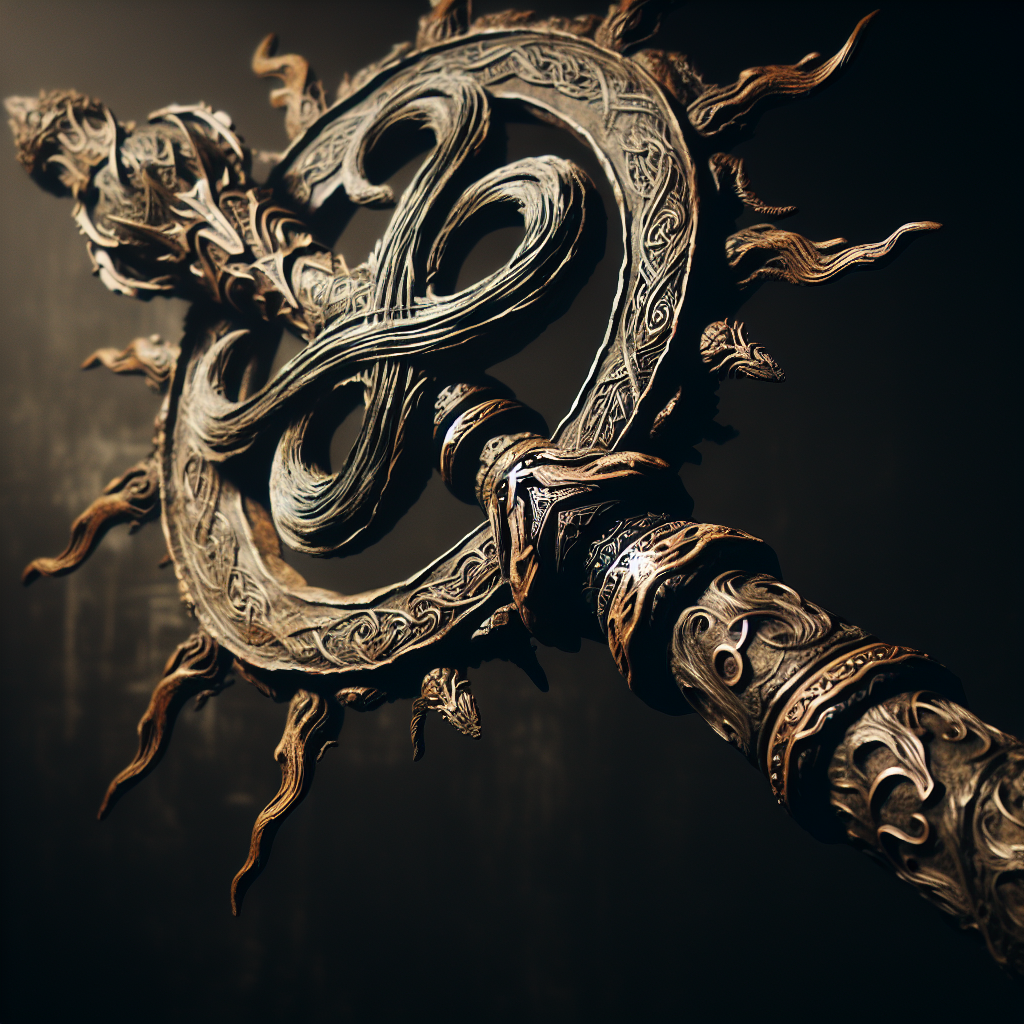In the fascinating realm of biblical and Quranic prophecy, the names Gog and Magog hold great significance. These names, intertwined with tales of individuals, tribes, and lands, have ignited curiosity across various religious texts. Gog is portrayed as an individual, while Magog represents the land in the Bible. The duo is often associated with a monumental battle that marks the climax of days, rather than the end of the world. Within Jewish eschatology, Gog and Magog are perceived as adversaries who will be conquered by the Messiah, ushering in a new age. However, in Christianity, Gog and Magog are sometimes depicted as allies of Satan, challenging God during the end of the millennium. This enthralling subject invites exploration into the vast tapestry of apocalyptic prophecies, inspiring both deep contemplation and awe.
The Ultimate Survival Guide for the End of the World
Gog and Magog in the Bible and the Quran
Gog and Magog are two names that hold great significance in both the Bible and the Quran. These names are ascribed to individuals, tribes, or lands, and are often associated with a great battle that will take place in the future. While there are differences in interpretation between the two religious texts, the overall concept of Gog and Magog remains consistent.
Gog and Magog in the Bible
In the Bible, Gog is depicted as an individual, while Magog represents the land associated with him. The book of Ezekiel in the Old Testament mentions Gog and Magog as enemies of God’s people. According to the prophecy, Gog will gather nations from all corners of the earth to attack Israel. However, God intervenes and defeats them, restoring peace to his people.

10 Secrets to Survive Any Disaster and Thrive in Chaos
Gog and Magog in Jewish Eschatology
Jewish eschatology interprets Gog and Magog as enemies who will be defeated by the Messiah. This victory will mark the beginning of the age of the Messiah, bringing about a time of unprecedented peace and harmony. The Jewish belief in the coming of the Messiah and the defeat of Gog and Magog is rooted in the hope for a better future.
Gog and Magog in Christianity
In Christianity, Gog and Magog are mentioned in the Book of Revelation, which describes them as allies of Satan against God at the end of the millennium. This apocalyptic battle is seen as the final struggle between good and evil. According to Christian interpretation, Gog and Magog symbolize the forces of evil that will ultimately be defeated by God’s power.

The Great Battle of Gog and Magog
The great battle of Gog and Magog is a recurring theme in both the Bible and the Quran. While the specifics of the battle may vary, the underlying concept remains consistent: a clash between the forces of good and evil. This battle is often associated with the end of days, a time of judgment and the fulfillment of divine prophecy.
The Role of Gog and Magog in the End Times
In the end times, Gog and Magog are believed to play a significant role. They are seen as a destructive force that brings chaos and turmoil upon the world. However, their ultimate defeat marks the beginning of a new era of peace and righteousness. The belief in the defeat of Gog and Magog is a source of hope and reassurance for believers across religious traditions.
The Identity of Gog and Magog
The identity of Gog and Magog has been a subject of debate and speculation. In the Bible, Gog is described as the leader of Magog, a land located in the far north. Some interpretations suggest that Gog and Magog represent historical individuals and nations, while others view them as symbolic figures. The Quran also mentions Gog and Magog, but does not provide specific details about their identity.
The Location of Gog and Magog
The exact location of Gog and Magog is a matter of speculation and uncertainty. Various theories have been proposed throughout history, linking them to different regions and nations. Some popular interpretations place Gog and Magog in the region of modern-day Russia and its neighboring territories. However, others argue for different locations, and the debate continues among scholars and theologians.
Different Interpretations of Gog and Magog’s Location
Interpretations regarding the location of Gog and Magog differ across religious traditions and historical periods. Some scholarly theories suggest that Gog and Magog refer to ancient nations or empires that have long ceased to exist. Others propose that Gog and Magog represent symbolic forces of chaos and evil, rather than specific geographic entities. The diverse interpretations reflect the complexity and rich symbolism associated with Gog and Magog.
Conclusion
Gog and Magog hold a significant place in both the Bible and the Quran, representing powerful forces that will be defeated in the end times. While the specific details and interpretations may vary, the overarching theme remains consistent across religious traditions. The battle of Gog and Magog symbolizes the ultimate triumph of good over evil and serves as a source of hope and inspiration for believers worldwide. As the prophecies unfold, the true identity and location of Gog and Magog may continue to be a subject of discussion among scholars and seekers of truth.
How to Build a Bunker in Your Backyard and Protect Your Family

